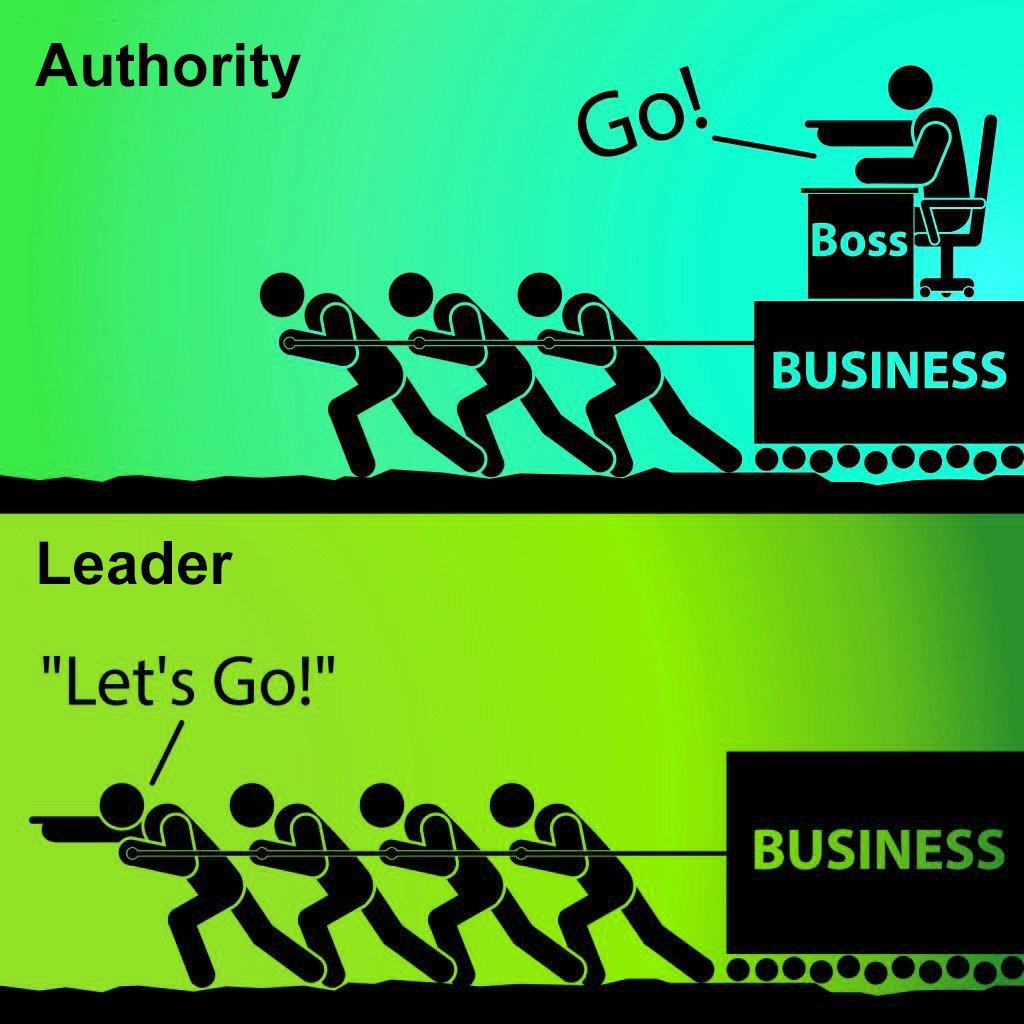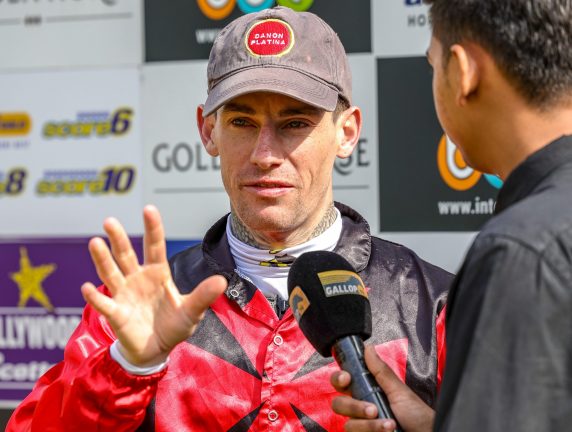Not that there’s ever much of a dull moment in racing, but it’s been an interesting few months even by our own standards.
However, a subject that rather leap-frogged all that just recently, was the Australian cricketing scandal.
A Question of Sport
While one more or less expects funny business in government (this is Africa, after all) and business (see above), we hold sport and our sportsmen in higher regard and expect them to aspire to excellence while conforming to the noble principles of fair play. Wikipedia defines sportsmanship as “an aspiration or ethos that a sport or activity will be enjoyed for its own sake, with proper consideration for fairness, ethics, respect, and a sense of fellowship with one’s competitors.”
In the interests of full disclosure, I should come clean and admit that I have absolutely zero interest in cricket and probably couldn’t tell Cameron Bancroft from Cameron Diaz, but I am interested in seeing how incidents of this nature are handled. From that perspective, Cameron Bancroft tampering with the ball during the third test against South Africa on 28 March has been incredibly interesting.
Manning Up
After the collective sharp intake of the world’s breath, we continued holding it to see what would happen next (apart from the media storm). Firstly, there was an acknowledgement of the error, the heartfelt apologies and a raft of resignations (I know, actual manning up and accepting responsibility – weird, right?)
In Steve Smith’s now famous press statement, he said, “My integrity‚ the team’s integrity‚ the leadership group’s integrity has come into question and rightfully so.” It was interesting to hear Smith acknowledge the importance of two issues – their integrity and the integrity of their leadership, particularly given the adage that the role of Australian cricket captain is the second toughest job in the country behind that of being the prime minister. I’m not in a position to comment on that, but what is certainly true is that human beings have a habit of generalising and even if they’ve never picked up a bat, ball or run out on a pitch in their life, Australia as a whole is currently wearing the problem too.
Drawing A Line
When someone messes up – particularly on this scale – there is an expectation that leaders (decision-makers / regulators) will ensure that consequences will follow and Cricket Australia – God love them – took the lead on imposing swift and decisive punitive measures. It sent a strong message and allowed a measure of respectability to be clawed back – not all Australians are cheats (obviously). But people want a firm line drawn and a distinction made between the two because they don’t want to be tarred with the same brush.
Perception Becomes Your Reality
Rather interestingly, shortly afterwards, I happened across an April Fools joke about South African racing published by an Australian site and some of the comments expressing their opinion of South African racing were rather alarming (although the irony was certainly not lost on me). But it was sobering to read how people regard our industry and by association, myself.
For example, the fact that someone has to kick and scream (and continues to have to do so) for things like first timer comments and barrier trials is staggering. What is more staggering is that it is for the very good reason of trying to remedy the fact that the rest of the world thinks we are crooked. The fact that we cannot understand that fact for the ginormous ugly wrecking ball that it is – THAT is what should scare the crap out of us.
So that made me think about those lines in the sand and the people who are supposed to draw and maintain them.
Why Rules?
The reason rules and structure and effective implementation are important is that it reassures people that there is some kind of order in the world, that someone is in charge of keeping that order and that transgressors will be dealt with and removed in order to keep the playing fields level for the rest of us. And if it doesn’t? People feel aggrieved. And rightly so.
There were some uncomfortable parallels to be drawn with what’s been happening in local racing recently and it made me think about the subject of leadership and what it means.
Why Leaders Eat Last
One of the most popular current speakers on leadership is Simon Sinek (and if you haven’t listened to any of his work, drop whatever you are doing immediately and look him up – you can thank me later).
In his excellent presentation ‘Why Leaders Eat Last’, Simon explains that leaders are made, not born. He motivates this by distilling human behaviour down to some simple biology and four major chemicals – endorphins, dopamine, serotonin and oxytocin and the rather complex way these help individuals and societies function.
It was also interesting to hear Simon say that business and relationships are not rational. “They’re about feeling safe, they’re about feeling we belong.”
Humans have evolved to find value in group living and group working. When we live in groups, it makes good sense to conform to a hierarchical structure. That means someone has to sit at the top. Because we live in a materialistic society, we often judge status based on how much money people make. Simon explains that while a conspicuous display of wealth may raise one’s status (triggering a rush of serotonin), it will feel great, but because there was no corresponding relationship attached, it feels hollow. “That’s why we keep trying to accomplish things and accumulate more and more material goods, and yet we never feel successful because there was no relationship. We tricked it.” Also, people who accord leadership status to people merely based on their material wealth, are probably also being tricked.
Leaders are the ones who give us their time and give us their energy – not the ones who give us their money. According to Simon, “Giving money doesn’t count. It just biologically doesn’t work.” That’s serotonin at work. We put a premium on time, because it is an equal commodity and it is an non redeemable commodity. You spend money, you make money – you spend time, you never get it back. That’s why we put a premium on people who give us their time and energy. Doing things for people that requires one to sacrifice a little bit of time and a little bit of energy – something you will never get back – that’s what counts.
Social Contract
The concept of the alpha or leader is deeply ingrained in how humans function and we are entirely comfortable ascribing special treatment to our alphas. However, the flip side of the coin is that in exchange for that special treatment, there exists a deep seated social contract that we expect our alphas to sacrifice themselves to protect the rest of the group when the occasion demands it.
According to Simon, “If you’re not willing to give up your perks when it matters, then you probably shouldn’t get promoted. You might be an authority, but you will not be a leader. Leadership comes at a cost. You don’t get to do less work when you get more senior, you have to do more work. And the more work you have to do is put yourself at risk to look after others. That is the anthropological definition of what a leader is.”
When people are afforded all the perks and special treatment of being a leader, but fail to fulfil their responsibility when required, it results in a great deal of anger. As Simon says, “They’re supposed to sacrifice themselves for us, never sacrifice us for themselves. This is why we’re angry and offended and don’t trust them. They failed.”
Are We In Crisis?
I think it’s fair to say that local racing is facing a crisis of leadership and it’s possibly (probably) why dear old head office is always fielding so much flak.
We’ve seen 100 year old trees vanishing, champion owners going *poof* (although their colours have not) and others staying when they probably shouldn’t; foreign objects flying into and out of saddle cloths, data going who-knows-where and pesky starting stalls (and / or starters, depending on who you ask). We’ve seen strange betting moves on a first timer belonging to the head of our regulatory body no less, some nifty new camera equipment at Turffontein for Classic day (although dare I say it, perhaps this money could have been better invested in our emergency services) and my personal favourite, some truly bizarre marketing attempts including linking horse racing and boxing (!), offering free water when you place a bet (sure to be a winner in the parched Western Cape) and then the prospect of winning a cow! (quick, someone, hold me down!). Of course, try and find out who’s responsible, and you’re either treated to the sounds of silence or the fastest game of passing the parcel since primary school birthday parties, before your rendition of the sounds of silence.
When our leaders do not put themselves at risk to look after others (not themselves), they are not fulfilling the responsibility of the alpha. And then we’re angry and offended and don’t trust them. They have failed.










